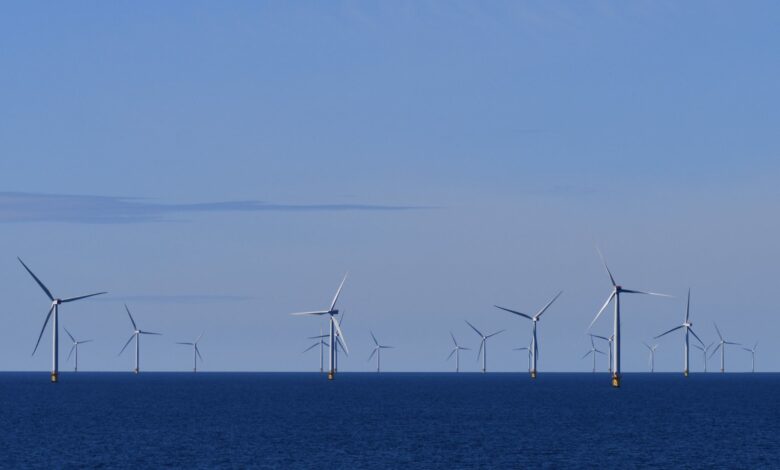Second Lithuanian offshore wind farm tender called off

The Lithuanian Ministry of Energy reported on Tuesday (16 April) that the second tender for a 700 megawatt (MW) offshore wind farm in the Baltic Sea did not take place.
The Law on Renewable Energy in Lithuania stipulates that there must be at least two tenderers for a tender to take place. However, only Ignitis Renewables took part in the announced tender.
“As Lithuania strives for energy independence and pursues the Green Deal goals, offshore wind power is one of the key elements of decarbonisation. Therefore, the Ministry of Energy will update the tender conditions after consultations with market players and will relaunch the tender,” said Minister of Energy Dainius Kreivys, commenting on the tender for the development of a second offshore wind farm.
The change in the investment attractiveness of offshore wind projects is also illustrated by the different conditions of the tenders announced in Lithuania, the minister said. According to the conditions of the second tender, developers had to compete for possible state support, while the first tender was won by the investor offering the highest price.
Minister Kreivys said that the geopolitical situation in the region may have influenced investors’ plans. “The second 700 MW offshore wind farm is a project of strategic importance and absolutely necessary for Lithuania’s energy independence; therefore, after consultations with market players, the tender will be relaunched as soon as possible. During these consultations we need to find out what specific conditions would maximise the attractiveness of the project and increase its resilience to market fluctuations,” the minister noted.
Lithuania plans to have two offshore wind farms with a combined capacity of 1.4 GW. “The planned two offshore wind farms will cover half of Lithuania’s current electricity consumption needs, which will allow the country to become self-sufficient in electricity from local sources and eliminate its dependence on electricity imports. These are the strategic goals of Lithuania, which determine its national security, people’s trust in the state, the price of energy resources for our residents and the international competitiveness of our exporting business,” the Lithuanian Energy Minister added.









